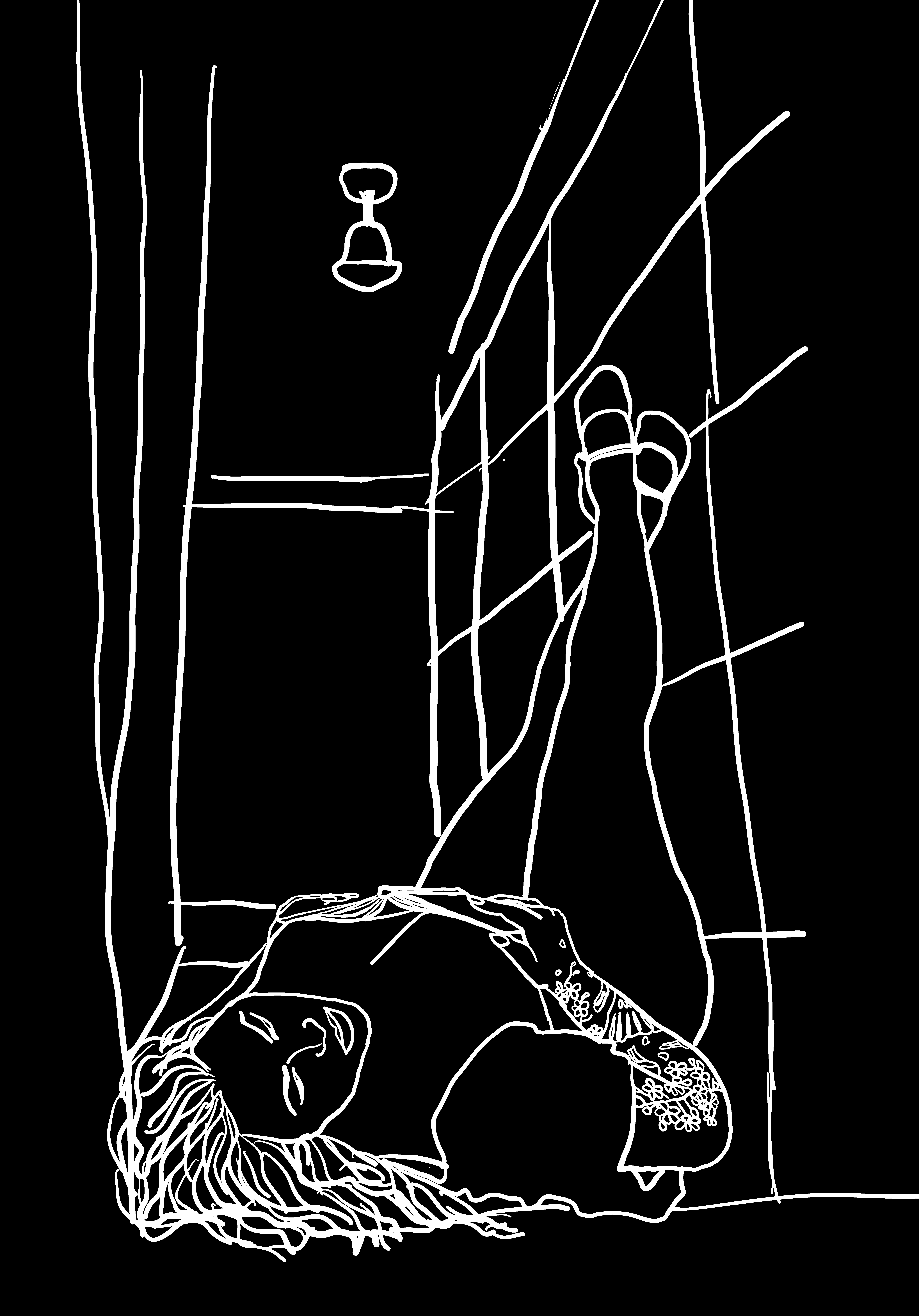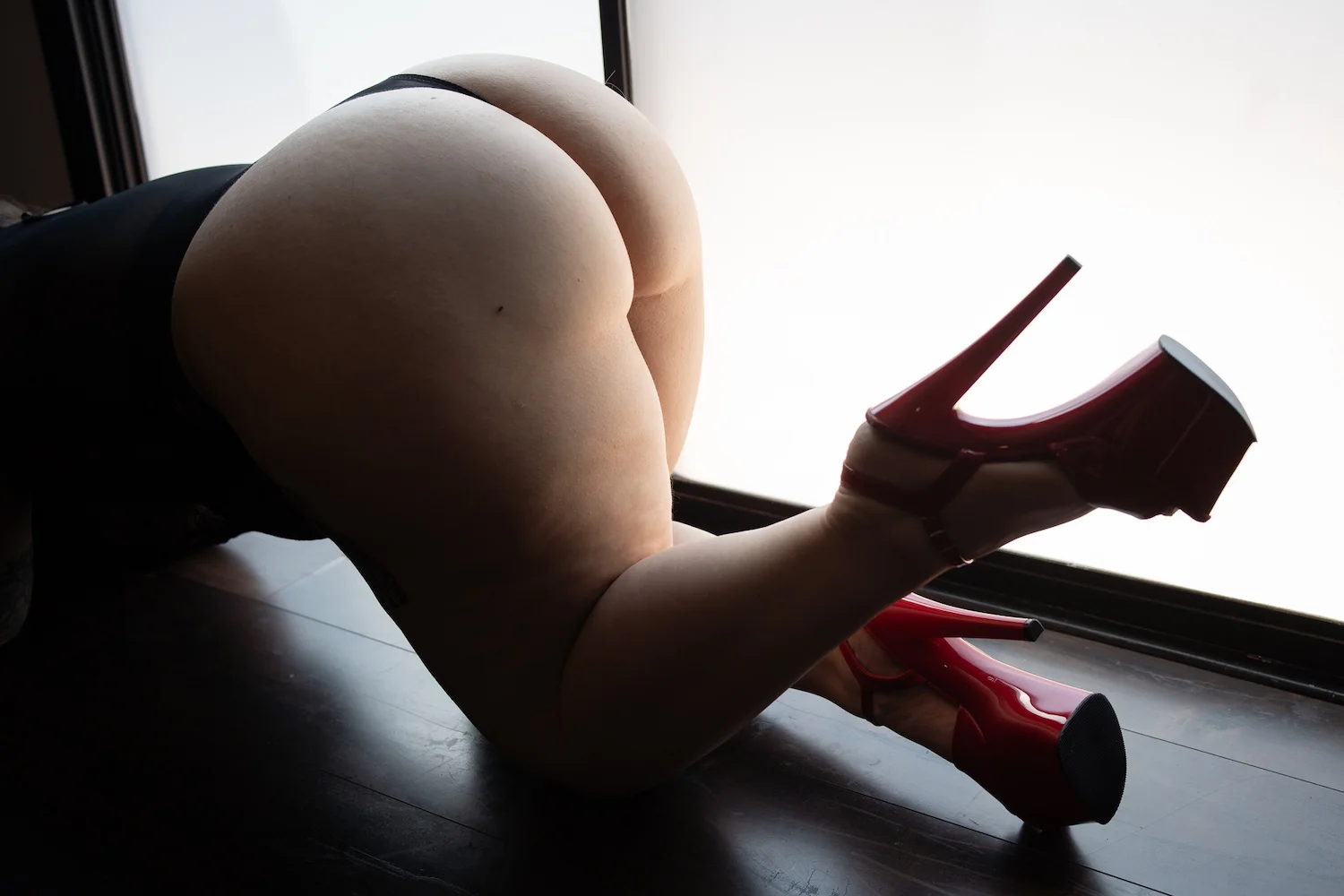What I’m Listening To:
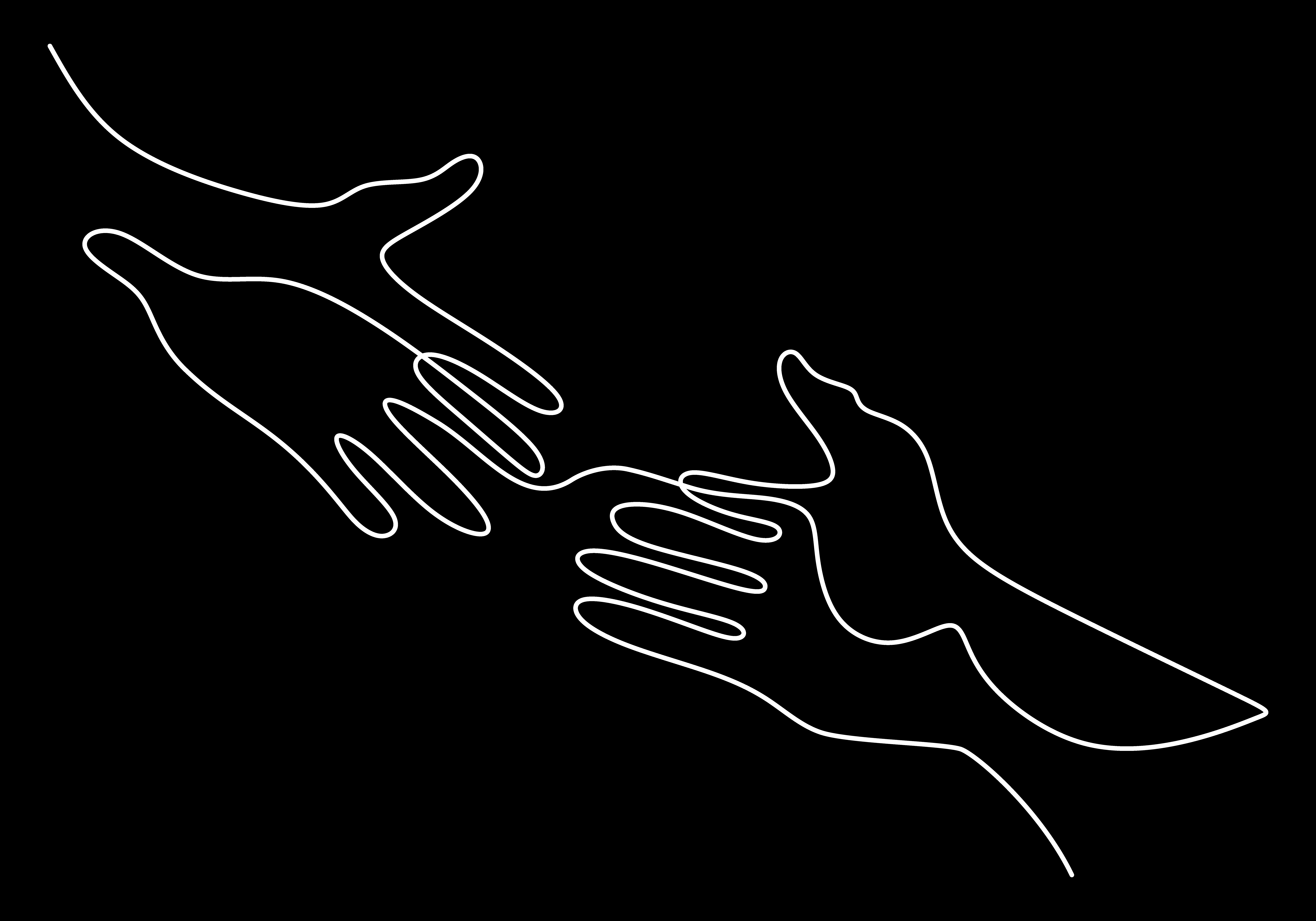
You can listen to the audio version of this Musing here.
I read a book for this week’s Musings that I considered telling you about, but I ended up hating it and I didn’t want to give it any more time and attention. A better use of my time, I thought, would be to tell you about a very generative conversation that I heard between host Krista Tippett and comedian Beratunde Thurston on the podcast On Being.
I have mentioned On Being many times in my Musings, and this is because there is something about the tone and tenor of the show that speaks to my soul. When asked once by a client what I wanted to be doing in ten years, I surprised myself by answering that I wanted to be the Krista Tippett of the sex work world.
I will not give you an introduction to the show; if you’re interested, you can check it out for yourself. What I will say is that the reason it speaks to me is because every interview is grounded in the human condition and the creative ways in which we, as humans, strive to make sense of our world. Thurston’s interview is no exception. Indeed, early on, he talks about comedy as the vehicle through which he does this. “To make sense of the world and our place in it is probably a spiritual quest and comedy, humor, has definitely helped me try to do that,” he says.
I am certainly not a comedian, I’m not remotely funny. And yet, I resonate with what Thurston says insofar as I often think about sensuality (and the embodied work that I do with many of you), as an important medium for understanding myself, my relation to others, and my place in the world. This feels, indeed, like a spiritual quest.
What I’m Thinking About:

The part of Thurston’s interview that I’ve been intentionally mulling over since listening to it is about his mother, but it is broadly applicable to all of our relationships. In his first book. How to Be Black, he paints his mother as a hero, as the one who shepherded him to adulthood with care and grace. While this is a true story—it’s what all good mothers do—it’s an incomplete one. Thurston explains, “So through COVID […] I was force-fed time to contend with some of this, and I came to the radical conclusion that my mother was a person, a whole person with elements of everything and that some of her limitations affected me. They weren’t her fault, it didn’t make her bad; it just made her real.”
While it is pleasant—and in many cases, self-protective—to think of our mothers (or our fathers, our spouses, our friends, our siblings…) in the best possible light, Thurston points out that one-dimensional brush strokes foreclose the possibility of a robust relationship, one grounded in truth. It is precisely in contending with our loved one’s flaws, with the ways they have hurt us or disappointed us, that we can truly love. He says,
But when we know the whole of a person, then we can love them. For those of us who are in really loving relationships, we know that that is true. Our spouses, our children, our siblings, our friends… we know some dirt, we know some shameful things, we know some embarrassing things that they’re not going to advertise on their public social media profiles. And that creates an intimacy and a vulnerability.
It feels important to say here that facing the ways that the people we love have hurt us is a painful process, but one that Thurston suggests is necessary in order to have intimacy and vulnerability within these relationships. “You can’t repair without rupture,” he says. “You can’t heal without the acknowledgment of harm.”
In my capacity as a sex worker, many people come to me with stories of ruptured relationships. I carry their stories within me and hold them alongside my own stories of broken and damaged love. We cannot be human without hurting each other. But perhaps the realization of this inevitability can be helpful. Perhaps it can give us a framework for recognizing the humanity in the people we love and moving from the rupture to the repair.
What I’m Excited About:
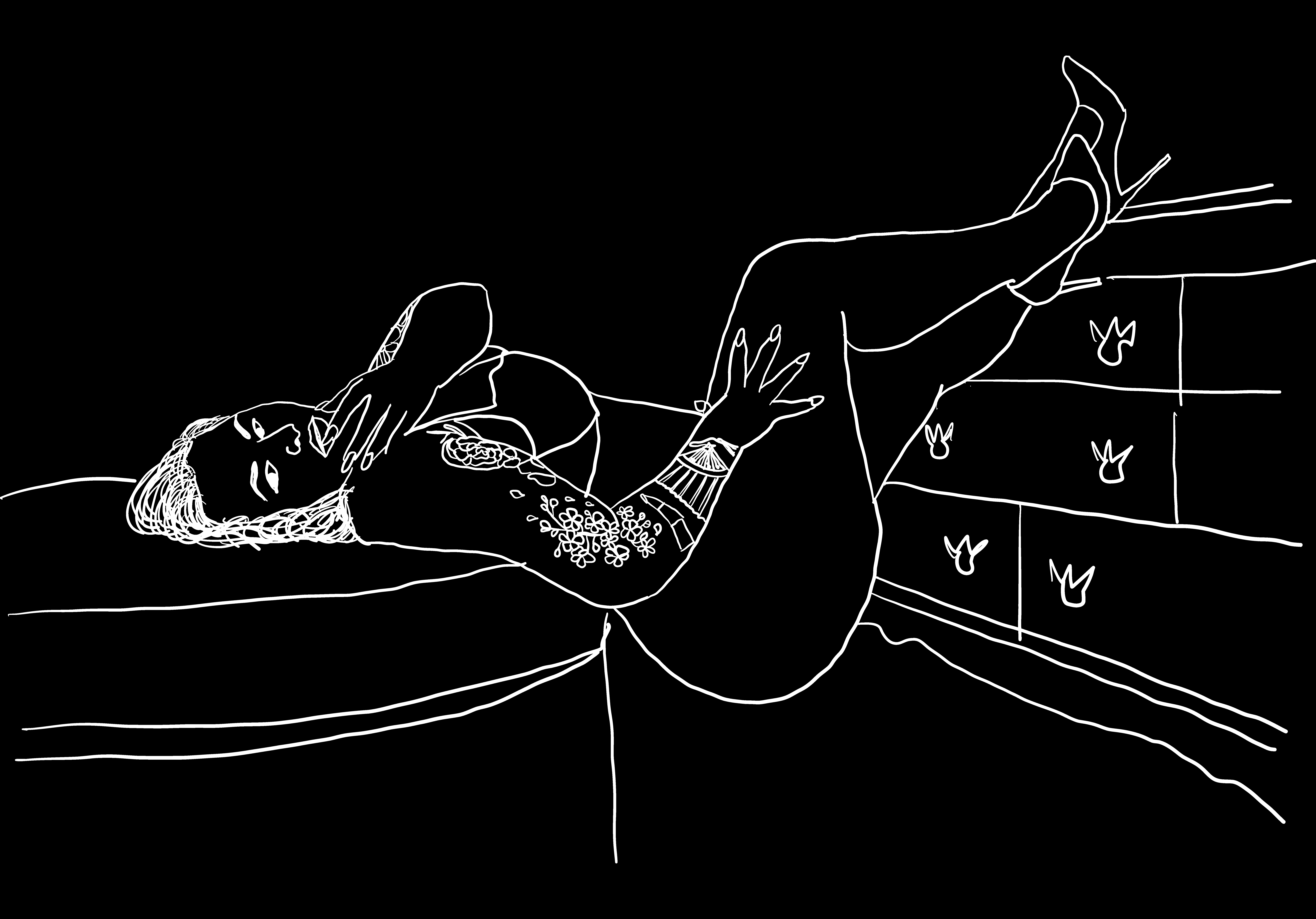
An essay that I wrote for my book (which I am now seeking a publisher for after pulling my contract from West Virginia University Press), will be published in the forthcoming anthology The Holy Hour: An Anthology of Sex Work, Magic & the Divine on Working Girls Press. The essay is about shame, sexuality, and religion. Working Girls Press has launched a Kickstarter campaign to get the book to print, and you can contribute to the project (I suggest you do!) here.
If you enjoy my writing and want a more personal touch, I will be announcing a new project (a new modality of connection? a new something!) soon. Watch out in the next couple of weeks and I will share it with you. Until then, I hope this will whet your appetite!
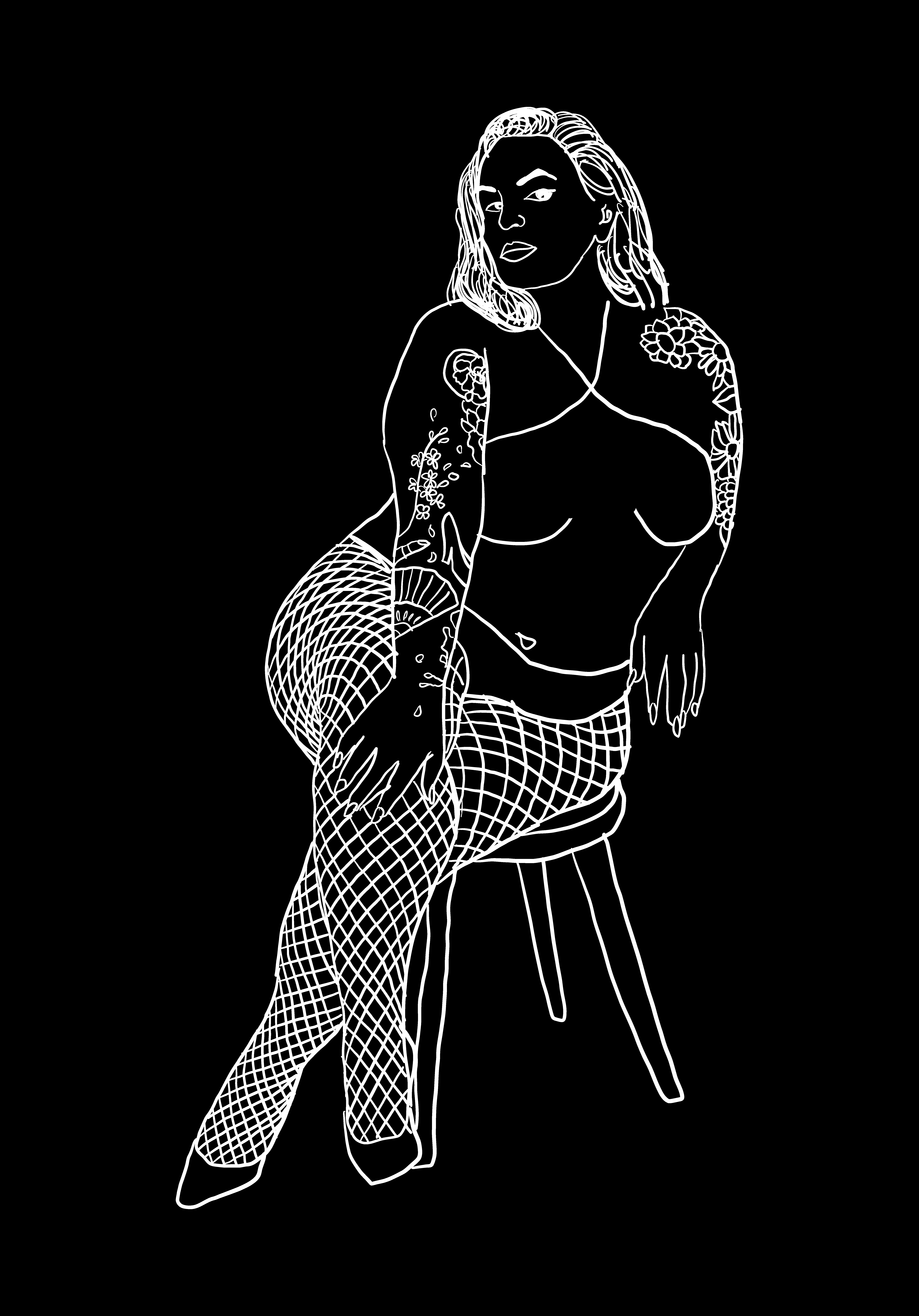 |
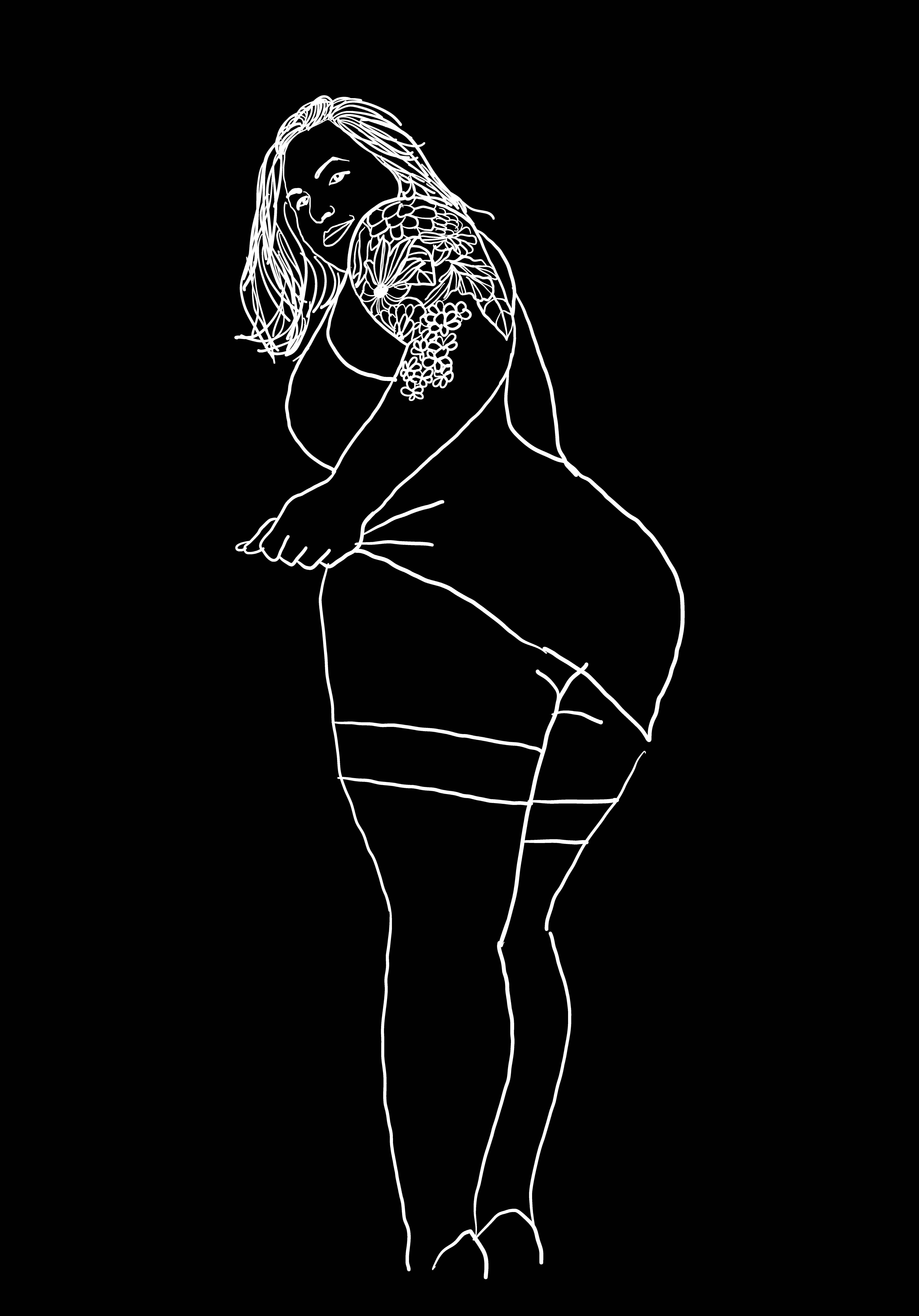 |
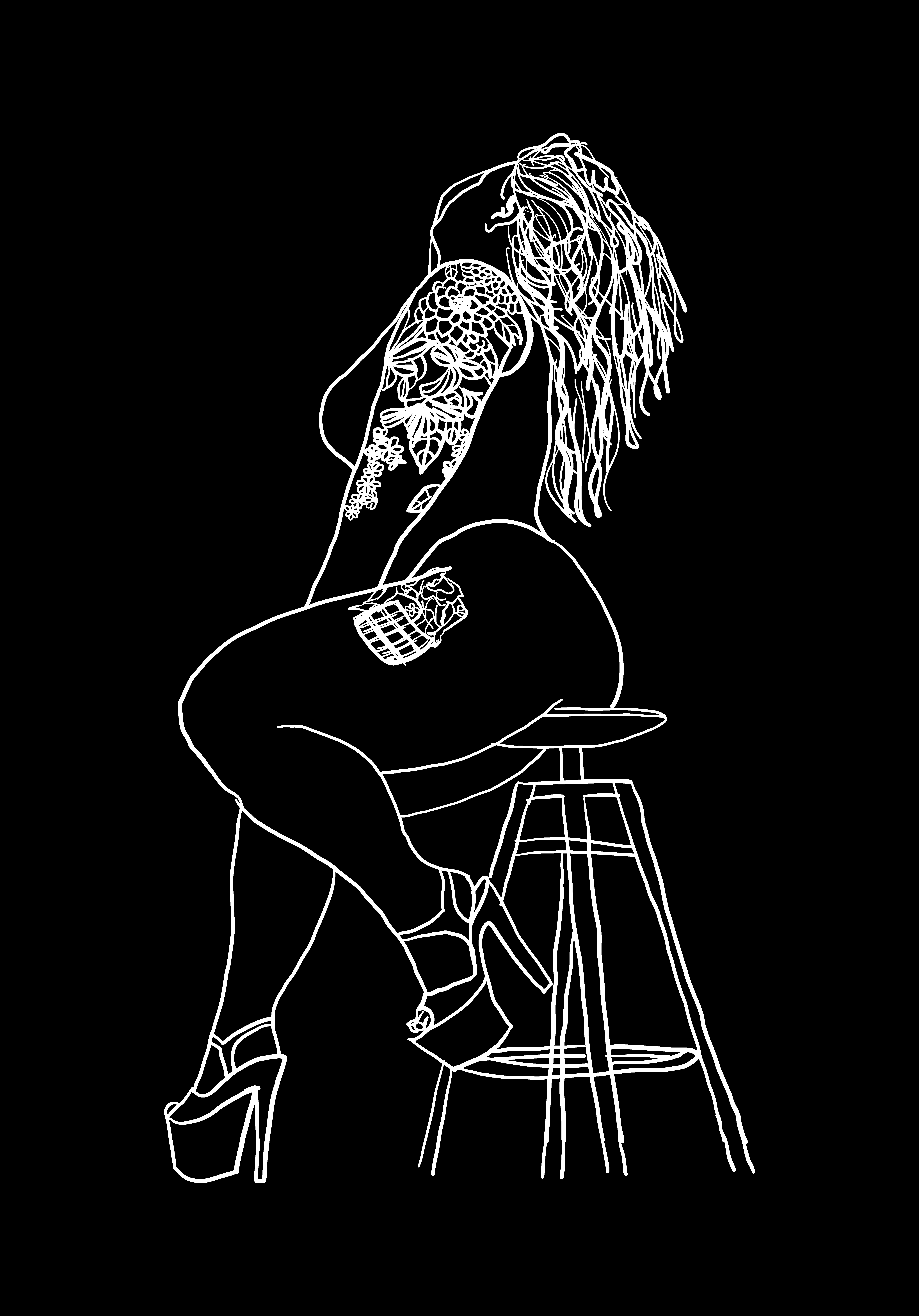 |
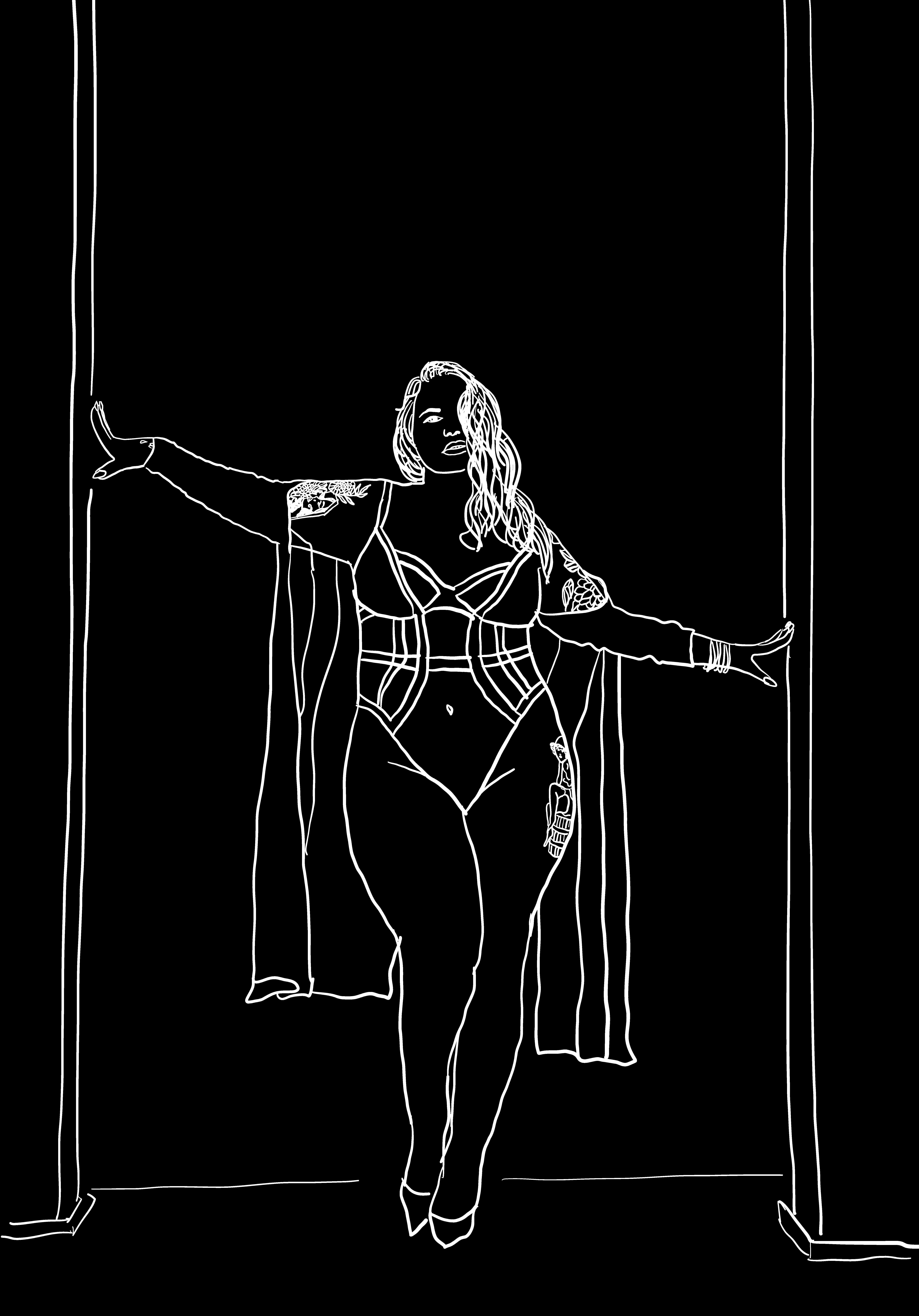 |
Booking & Availability:

I will be in Pittsburgh for the remainder of 2023, but I am very excited to announce a January tour to NYC! If you want to book me in New York sometime between January 11-14, reach out! My calendar for those days is already starting to fill.
Make sure to check out my complete travel schedule on my website.
